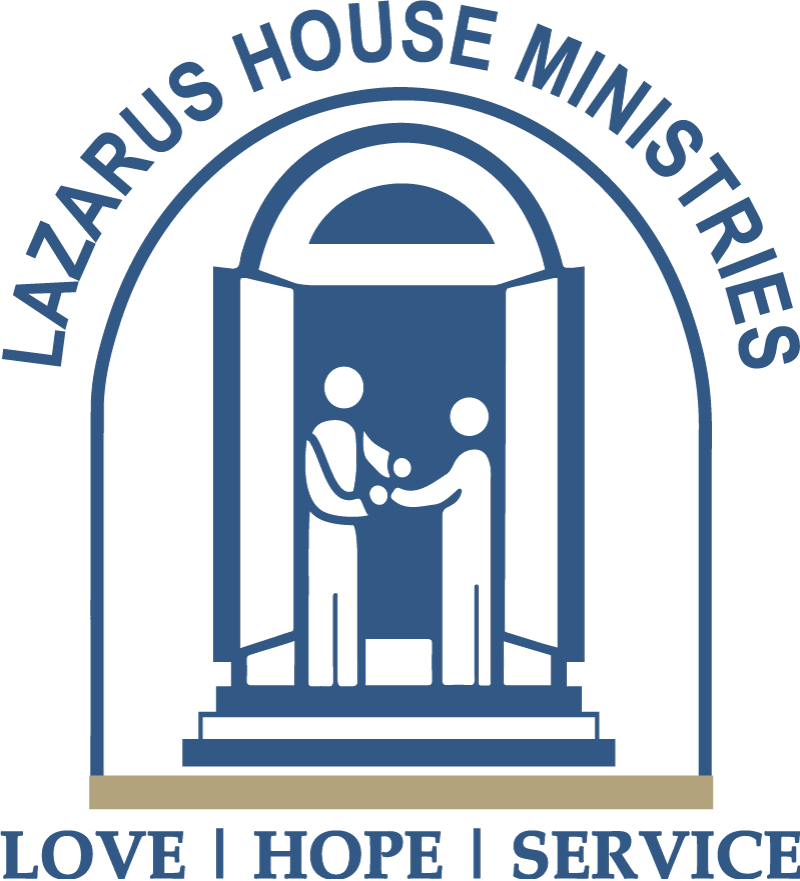 Two weeks ago a child was born to a homeless mother living in the Lazarus House Emergency Shelter. This tiny miracle, born to poverty, will face many challenges in his lifetime.
Two weeks ago a child was born to a homeless mother living in the Lazarus House Emergency Shelter. This tiny miracle, born to poverty, will face many challenges in his lifetime.
This baby, as with the other children in the shelter, will be more likely to be poor as an adult and has three times the probability to drop out of high school. According to a study completed by The Urban Institute, “32% of persistently poor children go on to spend half their early adult years living in poverty.”
Being poor takes a lot of time and effort. Without intervention, single mothers or families living in poverty will experience anxiety and stress, beyond the capacity of most people, to find enough food, shelter and clothing for their families. There will be no vacations for the children, proper diet, or even a safe space to play outside. The opportunity to experience a comfortable home isn’t even a consideration, as many of these children will go without adequate heat, clothing, shelter or even a caregiver to watch over them. Their mothers will probably work more than one job and, as many times as not, have to leave their home hours before their shift to walk or take multiple buses to get to work on time. Then, tired from a very long day, they will stand in line at the food pantry for a bag of food. Once they arrive home, it will be difficult explaining to their children, even if they go to bed hungry that night, the food must last longer than one sitting. Oftentimes, the mother will simply tell her children that she, “already had dinner”.
Children living in conditions such as these often grow into problem-ridden adults with little ability to feel gratitude or empathy; their life has just been too hard.
People who have never been poor often don’t understand how difficult it is to escape poverty. They believe with hard work you can do anything. But this is not how the child of poverty is brought up. For if you are poor, there is no future. The reality of their life is too dark for dreams or hope. There is only now, the present. Survival. The first step for people in crisis that come to Lazarus House is to find out what issue(s) they are dealing with – housing, food, clothing and/or safety. Without this assistance there cannot be a long term solution in place to move people out of poverty. Only after the crisis is dealt with can people have a fighting chance to change the direction of their lives through education and work preparation.
That new mother in the emergency shelter, in an effort to make things better for her baby, has reached out her hand to Lazarus House. If she is willing to work very hard, be strong and take advantage of the opportunities and programs that are offered to her through the ministry she can reach her goals! But, this is just the start. She may slip and fall and then have to stand up and try again. The road is going to be long and difficult for this family, but for tonight . . . they are safe, fed, and warm, and tomorrow is filled with hope.
